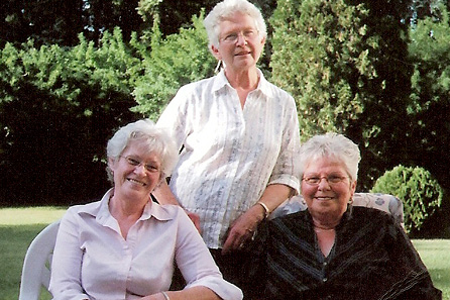Puzzles for Good supports the Alzheimer Society
By: Kirsten Wreggitt, Chief Puzzle Constructor at Puzzles for Good My Grandma made me pancakes in the shape of anything I could imagine – giraffes, Mickey Mouse, unicorns, and of course full moons. Those childhood breakfasts are cherished memories of family gathered together with Grandma at the center in her frilly apron. I remember that she laughed easily, always had a lap for you to sit in, and that she loved frogs. Of course, Kermit the Frog was her favourite,…





